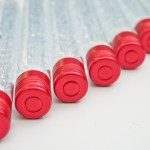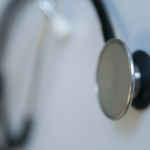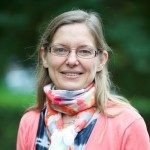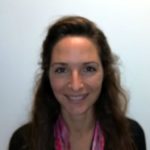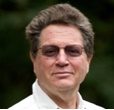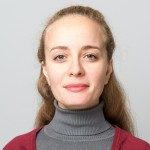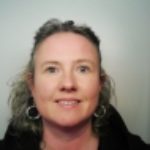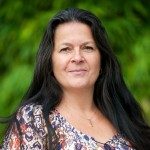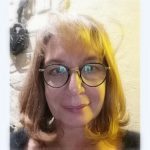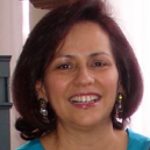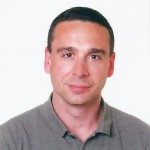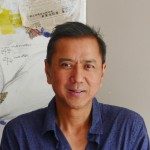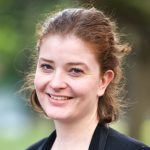About
Context :
Studying physiopathology of human diseases, focused in particular on genetic, immunological and environmental factors necessitate to access to human cohorts of healthy and diseased individuals and the corresponding bioresources. The rarity of those cohorts justified the creation of main and ancillary CoSImmGEn cohorts which are open to the researchers from the Institut Pasteur and from other academic or private fields in France and abroad.
Collection type :
The CoSImmGEn biologic collection has been constituted directly for scientific purposes. It is open to research projects focusing on the study of genetic, immunological and environmental factors implicated in the physiopathology of human diseases.
Bioresources available :
The participants are healthy subjects for the majority (main cohort) and occasionally subjects suffering from diseases such as inflammatory, infectious diseases or neurologic diseases. The participants are followed over time without any time restriction.
Bioclinical data are collected and include ethnicity, family and personal medical history, immunization status and practical information concerning the way of life such as habitat, travels, sporting activity, diet, tobacco and alcohol consumption and exposure to allergens or environmental toxicants.
The biological collection is constituted from fresh and frozen samples which are first blood samples and derivatives such as whole blood, serum, plasma, red blood cells, peripheral blood mononuclear cells and second samples from various origins such as urines, stools, saliva, tears, cutaneous and mucosal swabs and cutaneous biopsies.
Contexte :
L’étude de la physiopathologie des maladies humaines, et notamment des facteurs génétiques, immunologiques et environnementaux nécessitent un accès à des cohortes de populations saines et malades et aux bio-ressources qui en sont issues. La rareté de ces cohortes a justifié la création des cohortes CoSImmGEn principales puis ancillaires et de leurs collections associées qui sont ouvertes non seulement à la communauté pasteurienne, mais également à la communauté scientifique élargie (tant publique que privée) travaillant dans sur le territoire français ou à l’étranger.
Type de collection :
La collection biologique relative au protocole de recherche CoSImmGEn a été constituée directement à des fins scientifiques. Il s’agit d’une collection ouverte aux projets de recherche relatifs à l’étude des facteurs génétiques, immunologiques et environnementaux impliqués dans les pathologies humaines.
Bioressources disponibles :
Les participants sont principalement des sujets sains ou plus rarement de sujets atteints de pathologie (cohortes ancillaires) telles que des maladies inflammatoires infectieuses ou neurologiques. Les participants sont suivis dans le temps sans durée maximale de suivi.
Des données biocliniques sont recueillies et incluent l’origine éthno-géographique, les antécédents médicaux familiaux et personnels, le statut vaccinal des participants et des informations concernant le mode de vie des participants tels que l’habitat, les voyages, l’activité sportive, l’alimentation, la consommation alcool-tabagique et l’exposition à des allergènes ou des toxiques environnementaux.
La collection biologique est constituée d’échantillons frais ou congelés qui sont d’une part des échantillons sanguins tels que du sang total, du sérum, du plasma, des globules rouges et des cellules mononuclées du sang et d’autre part des échantillons d’autre nature tels que des urines, des selles, de la salive, des larmes, des écouvillons cutanéo-muqueux et des biopsies cutanées.
